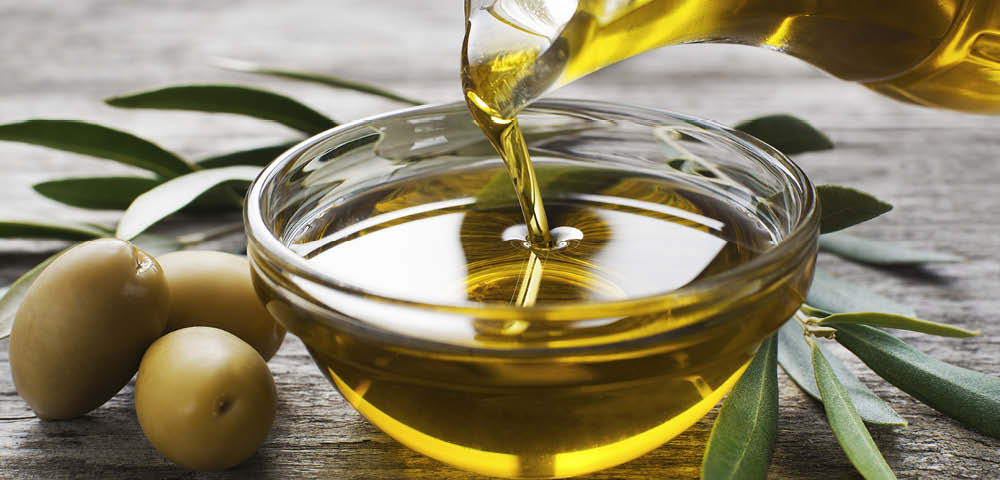EXTRA VIRGIN OLIVE OIL IS ONE OF THE BEST COOKING OILS

We are often given conflicting information about cooking oils. Every few years it seems like a new one is held out as being healthy and the one we thought was healthy is actually not. It can be very confusing and make you want to avoid oils altogether! However, the answer is finally here, thanks to the efforts of an Australian study, and it may not surprise you…
The study
Australian scientists compared the effects of heating extra virgin olive oil against other oils and found that extra virgin oil is one of the safest and most stable oils at high temperature.
In the study, published in the Journal Acta Scientific Nutritional Health, scientists heated a variety of oils to cooking temperatures and performed a number of tests to determine the stability and toxicity of these oils. They included extra virgin olive oil, refined olive oil, canola oil, sunflower oil, coconut oil, avocado oil, peanut oil, rice bran oil, and grapeseed oil.
The reason that the scientists performed the experiment in this way is because heating cooking oils produces toxic polar compounds that have been linked to a host of chronic diseases, including heart disease, Alzheimer’s disease, and autoimmune diseases. Thus, they wanted to know which of the oils produced the most toxins to determine which posed the biggest risk for these conditions. The oils were purchased from supermarkets in Australia, meaning that the results produced were directly applicable to home cooking.
The method
The scientists heated the oils to temperatures of 180 C/350 F for over six hours, which is more than normal cooking temperatures and meant they went much further than would be normal for meal preparation. The results showed that of all the oils, extra virgin olive oil produced the lowest concentration of toxins. This ties in with conventional knowledge of extra virgin olive oil and ‘Mediterranean Diet’ theory.
This study differed in its approach from others regarding the safety of oils. Typically, the smoking point of oils has been the method employed to determine toxicity, instead of heating them for a long period of time. The smoking point will not always predict an oil’s performance and safety when heated. For example, extra virgin olive oil has cooking and frying temperatures that are well below its smoking point. Thus, measuring its toxicity at this higher point does not reflect its effect when consumed in day-to-day life.
The results
When the Australian scientists examined the indicators that measured the health safety of oils, such as the total level of unsaturated fats, oxidative stability and UV coefficient, they found that extra virgin olive oil came out as the best cooking oil. Interestingly, the worst was canola oil. Before you head to the supermarket to load up on olive oil, however, it is important to know that there is a key difference between extra virgin olive oil and refined or ordinary olive oil. Extra virgin olive oil is produced by cold pressing the olive from the olive fruit using traditional methods. Ordinary olive oil, by contrast, has undergone refinement with chemicals and this destroys it health-giving properties.
The results of this study show that extra virgin olive oil is something we should all strive to include in our diets – not just as a salad dressing, but in all manners of cooking.
Previous
- Take The Quiz: How much do you know about cholesterol?
- 12 Reasons Why A MedB Health Screening is Superior to A Doctor's Visit
- Food and Nutrition Quiz
- Colloidal Silver: The Universal Antibiotic
- Grey Hair can also point to Nutrient Deficiencies, Severe Stress or even Chronic illnesses
- Inflammation Cause Body Pain
- Norovirus: Treatment and Prevention
- 5 Serious Health Problems Caused By Magnesium Deficiency




